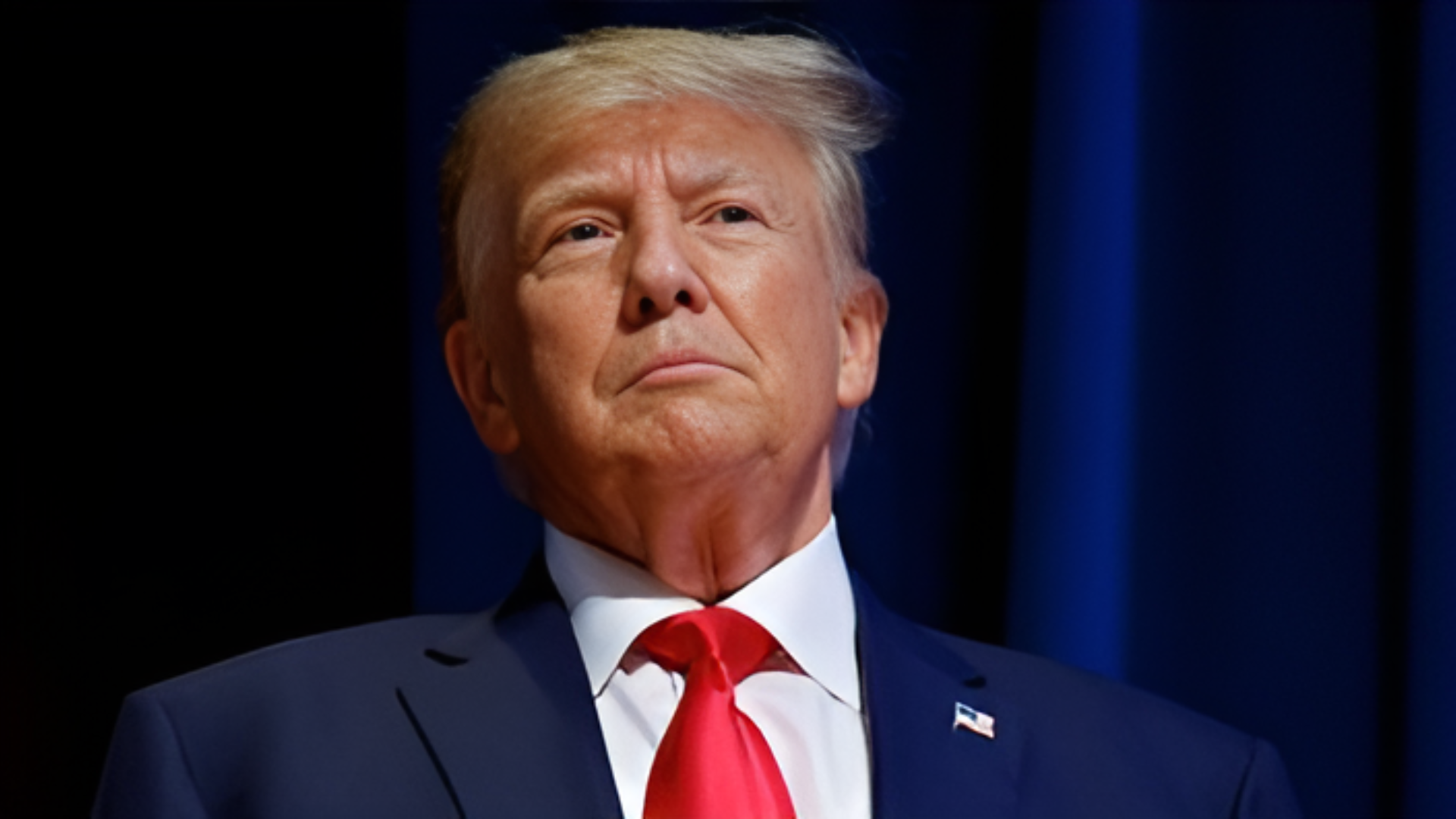The U.S. State Department has approved the sale of F-16 fighter jet spare and repair parts to Taiwan, valued at approximately $80 million. This decision, announced by the Pentagon’s Defense Security Cooperation Agency (DSCA) on Wednesday, aims to enhance Taiwan’s air force combat and defense capabilities.
In response, Taiwan’s defense ministry expressed gratitude towards the United States, stating that the sale would significantly bolster the operational needs of its air force. The ministry anticipates that the sale will be finalized in July. “With normalized gray-zone harassments, the Chinese Communist Party attempted to squeeze our naval and air training space and response time, as well as limiting our rights of self-defense,” the ministry said in a statement.
The DSCA emphasized that the sale is intended to “improve the security of the recipient and assist in maintaining political stability, military balance, and economic progress in the region.”
READ MORE : Could Russia Use Nuclear Weapons If Threatened? Putin Warns The West
China, which claims Taiwan as its own territory despite strong objections from Taipei, has consistently demanded that the United States halt arms sales to the island. The Chinese defense ministry has yet to respond to the recent approval.
Taiwan Defense Minister Wellington Koo, speaking to reporters in parliament on Thursday, stressed the importance of enhancing Taiwan’s self-defense capabilities to contribute to “effective deterrence” within the U.S. Indo-Pacific strategy. “But for Taiwan-U.S. military cooperation, there are many things we can only do, not tell,” Koo added.
This development marks another step in the ongoing military cooperation between Taiwan and the United States, underscoring the strategic importance of Taiwan in the broader Indo-Pacific region.















